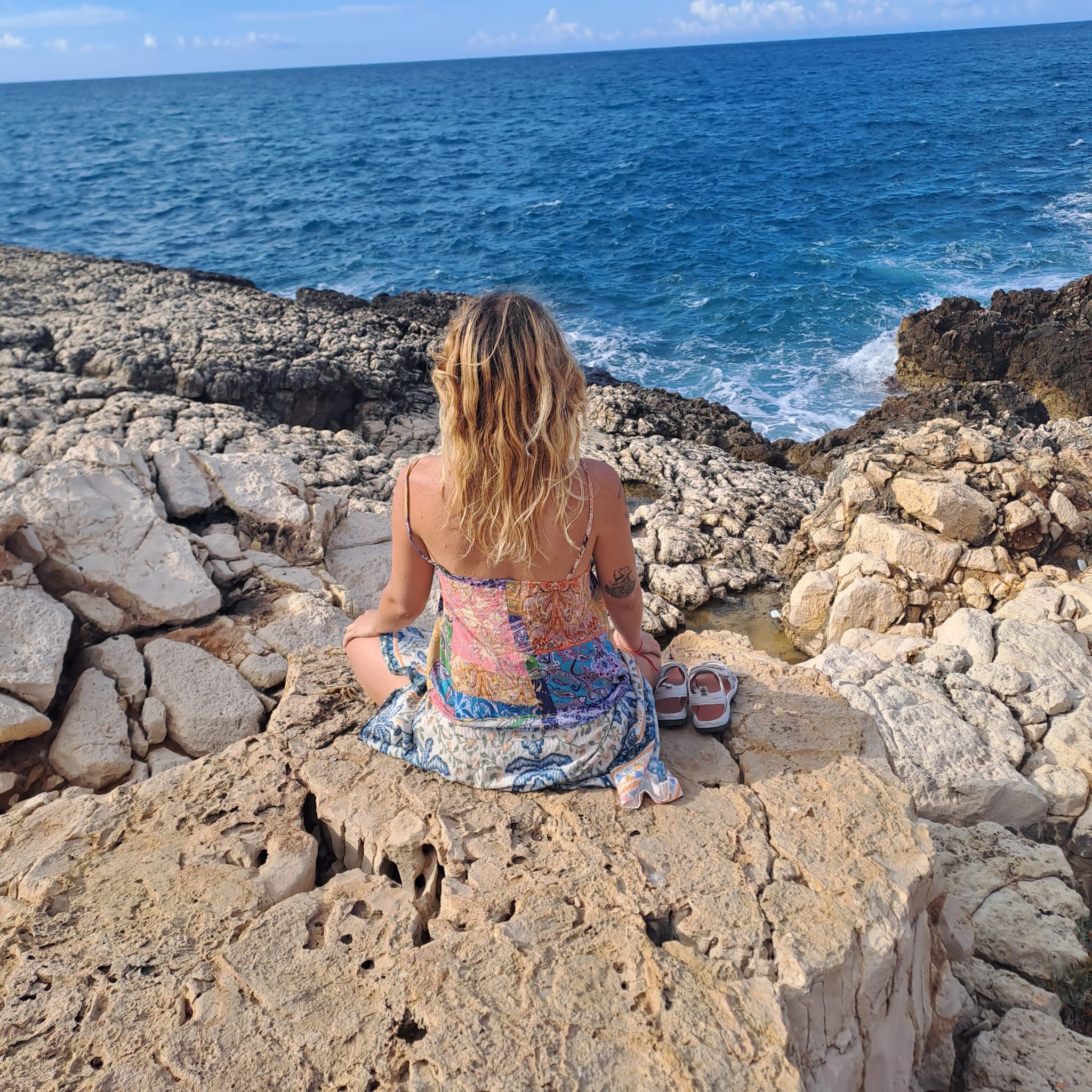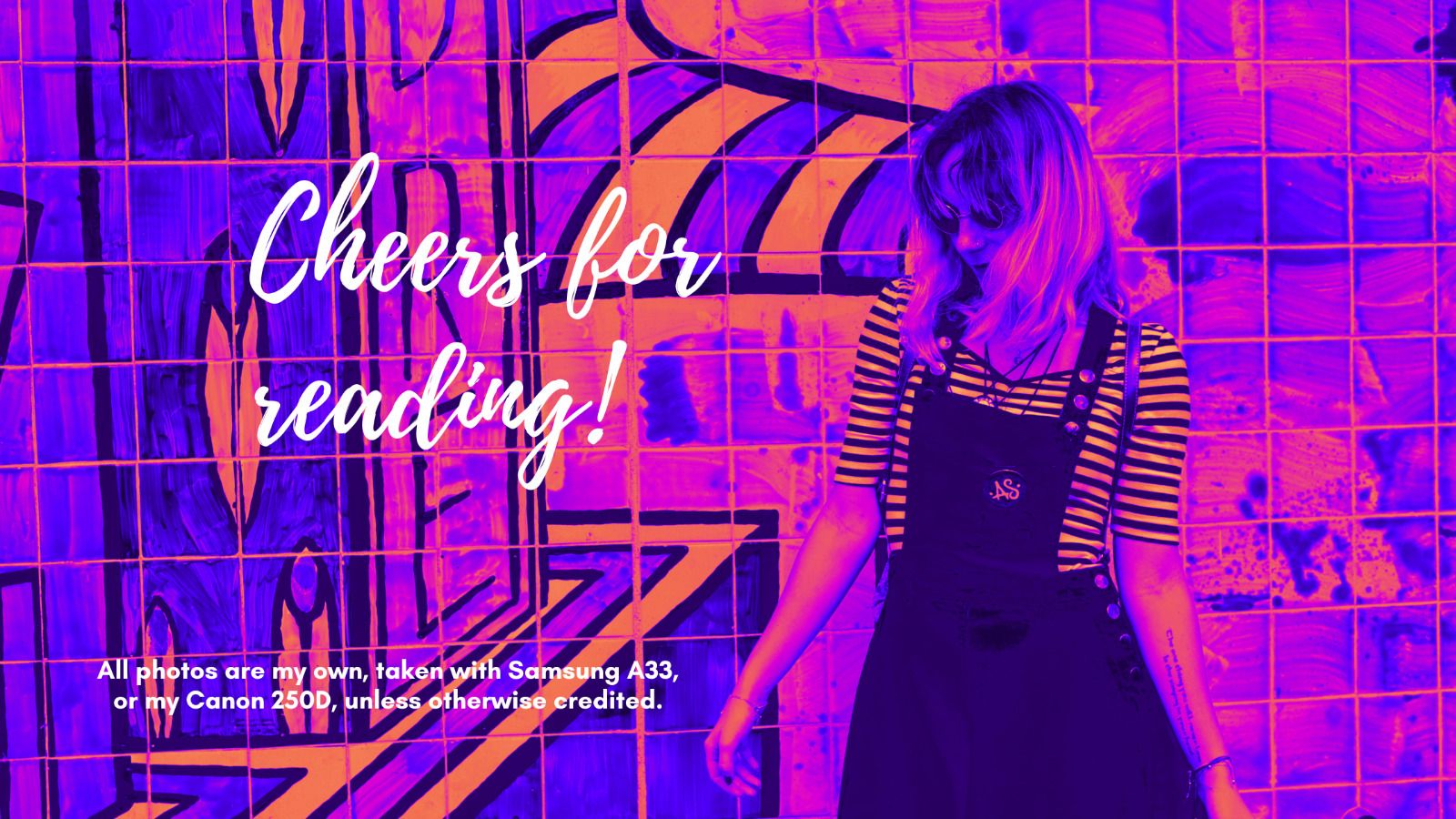While human nature has, in one way or another, been at the core of human endeavors for centuries, it's only in the last two hundred years or so that we have, arguably, had the privilege and great luxury of actually dedicating ourselves to this complex and surprising endeavour. For much of our history, mankind was primarily concerned with the study and survival of the collective - understandably, the way we function in packs held precedence before seemingly petty matters like the understanding of the self, much as philosophers struggled otherwise.
It was only in times when collective extinction ceased being an immediate concern, when living conditions shifted and dramatically improved, and naturally when science itself had developed to a sufficient extent, that we started looking at what it means to be a person.
According to historians, the study of psychology became "a thing" only in the late 19th century, because suddenly, we could afford to devote good chunks of our time to studying the mind and its many complexities. We went from a life heavy on manual labour to a life where we suddenly could afford to devote hefty portions of time to how we ourselves work. We also saw a transition from "how do we ensure life" to "how do we enrich life", which ultimately led to the study of various psychological afflictions and irregularities.
If we examine our lives closely, we'd be hard-pressed to deny that the 21st-century human is overwhelmingly concerned with the self (perhaps to our own detriment). In the relatively short span of 200 or so years (and far more acceleratedly, the last 40), we've gone from ground zero to a lifestyle that devotes several hours each day to picking apart how we work.
And this without even having something strictly wrong with us!

Indeed, the intense (almost obsessive) focus of the 21st century has become this compulsive, unending race for self-actualization. Suppose a friend tells you they're tracking their sleep, monitoring their calory intake, recording the phases of their cycle, seeing a therapist, practicing mindfulness via some form or another, and reading a book on the complexities of interhuman relationships. In that case, your response is more likely to be "bully for you!", and not "what's wrong with you?".
Even though, for an immense part of our shared history, that would've been the natural response (which isn't to say it would've been the right or healthy response).
One can't help but wonder if it is, perhaps, a bit much. Collectively, we tend to brush off any critique, especially when it comes to our modern self-obsession. For one, it's damn attractive to occupy so much time with ourselves (at least to us). And for another, more reasonably, so much ill and suffering came out of not concerning ourselves with our personal psyche, development and welfare, that it seems obvious the answer lies the opposite way.
And yet, in this (correct, I'd say) reasoning, we forget a crucial truth that underlies the base of good treatment. When dealing with a severely dehydrated or malnourished individual, you don't just pump them with five liters of water or sit them down behind a royal feast.
With good reason, we've developed an approach of "working our way up" to a full treatment, on the belief that this would set up a stronger, more stable basis for long-term development.
I can't help but wonder if, through the rapid development of technology and with it, the swift propagation of information, we're now become those starved patients undergoing acute overload. In the space of few generations, we've gone from "not giving a rat's ass, frankly" about any of these things to now religiously going to therapy, installing varied apps and securing gadgets to track everything going on with us physiologically, emotionally, and psychologically.
As such, it's no wonder we're currently experiencing a state of mass neurosis, with hoards of us being suddenly more depressed and more anxious than ever before.
We are not equipped for this.
Which isn't to say, let's stop. Not by any means. And of course, there's more to our global state of anxiety - we're not made to go from watching assasinations, children amputated by missile strikes, old women being swallowed up by the earth, then going on to laugh at a cutesy meme, all in the space of 15 seconds. Our minds can not handle that, either.
But arguably, on a daily, practical basis, we're more concerned with ourselves, our own development and wellbeing. Why things aren't working, or how we can make them work better. And under this constant assailing of "ways to do life better", it's no wonder we've started malfunctioning.
We receive so much information, on an hourly basis, on how to improve, that the only logical response is a prolonged and accentuated state of complete inadequacy (leading to anxiety, depression and dwindling self-confidence, which only serve to reinforce these feelings, thus creating a terribly dangerous self-affirming loop).
What's the alternative? Understandably, a lot of people are skeptical and refuse to hear arguments against our newfound informational wealth. Rightly so. Nobody but a few disturbed minds is arguing that a return to the caves is preferable. But as the patient coming from a prolonged state of deprivation (at a societal level), we'd be well-advised to find a middle-ground. A rhythm to slow down. A Post-It reminder within ourselves that we are, at the end of the day, only just discovering. Rather than existing in this prolonged state of anxiety and inadequacy at not being able to know or understand everything, we need to take comfort, and even perhaps pride, in the fact that we are learning and understanding more than the people who have gone before us.
And what a tremendous wealth, despite all the terrors that exist on our planet, that we exist in this moment in time.
